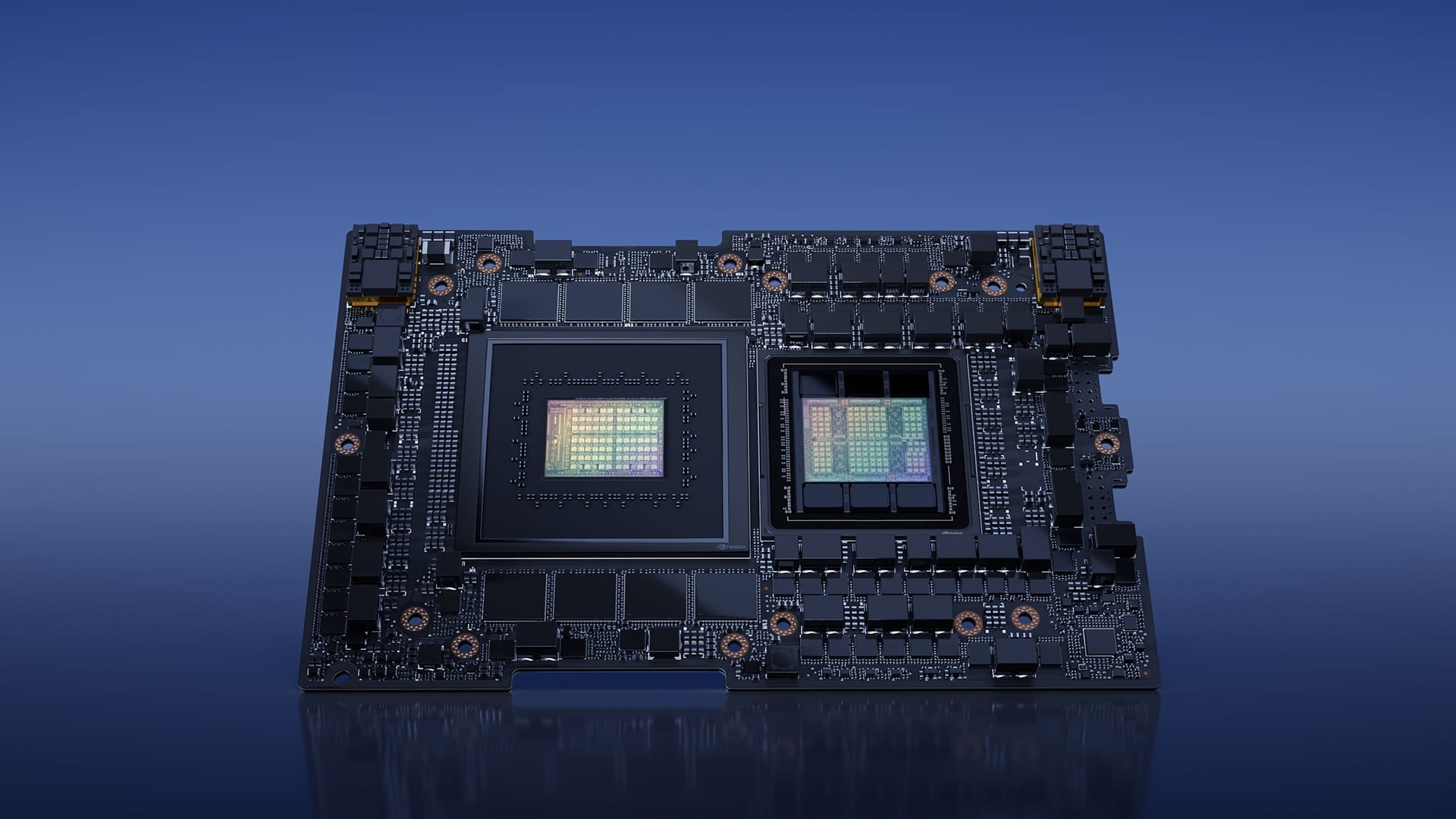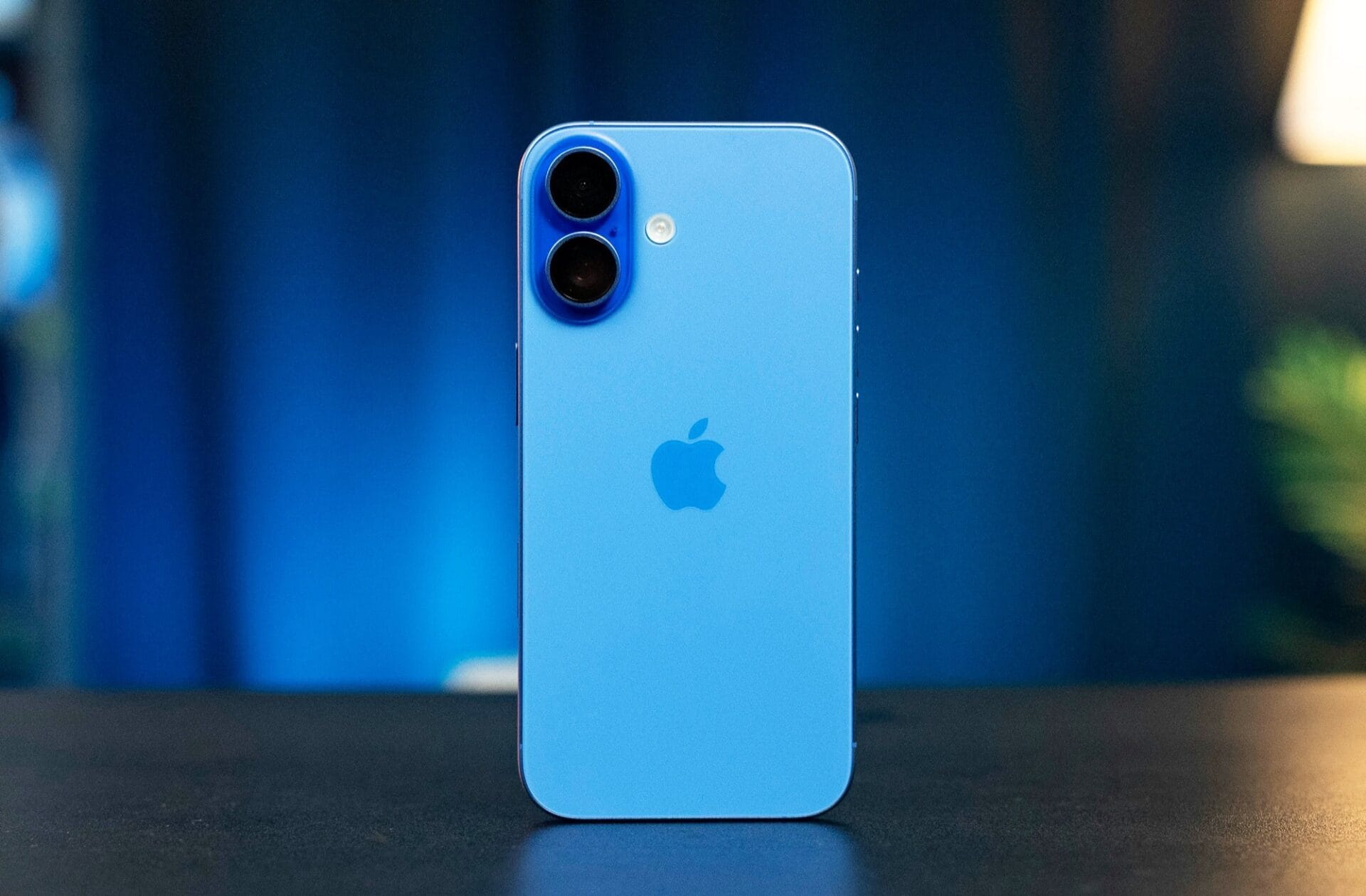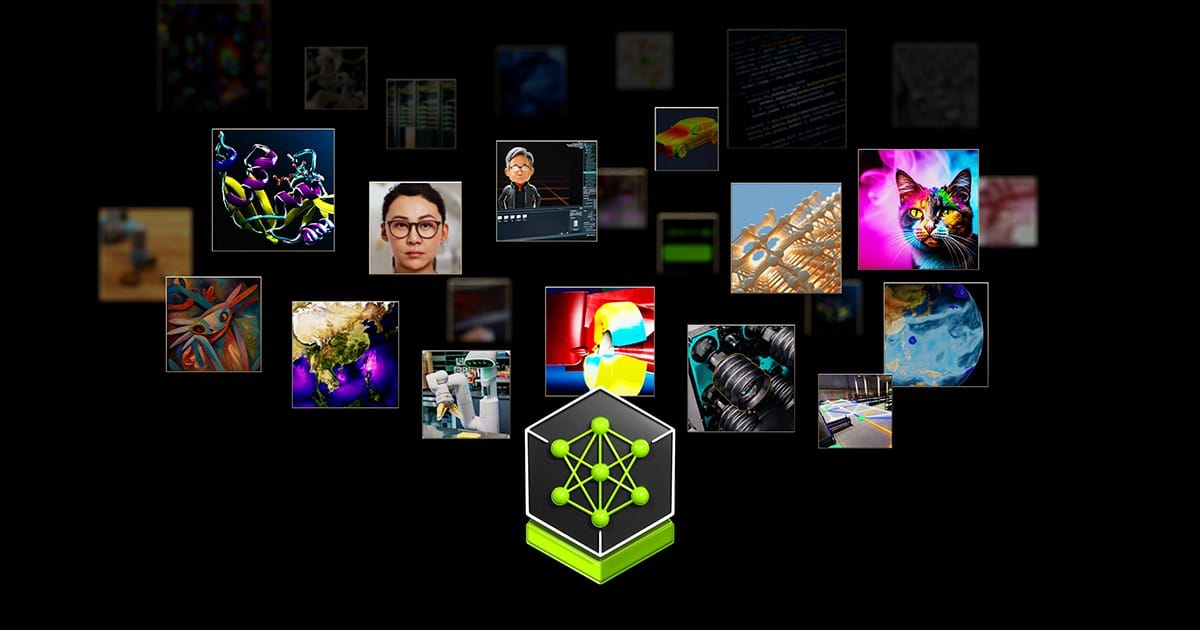Google is enhancing Gemini’s features on Android, making it possible for the AI assistant to manage calls and messages even when your phone is locked. Recent code discoveries in a forthcoming update indicate that Gemini will soon incorporate functions that were previously exclusive to Gemini Live.
New Lock Screen Functionality
A fresh settings option will enable users to activate Gemini’s functionality from the lock screen. However, for safety, you’ll still have to unlock your device if the response involves sensitive information, such as details from Gmail.
User Interface Improvements
In addition to these new messaging capabilities, the update will also refresh the AI assistant’s appearance. The floating text overlay will now adapt vertically to accommodate longer messages more effectively, and Gemini Extensions will be organized into various categories like Communication, Device Control, Travel, Media, and Productivity.
Simplified Commands and Increased Usability
Moreover, the command examples are being reduced from three to just one in each category, making it easier to use. This aligns with Google’s wider strategy to establish Gemini as the top AI assistant on Android.
The new lock screen features are particularly useful for hands-free situations, such as when you’re driving or engaged in activities that demand your full attention.











